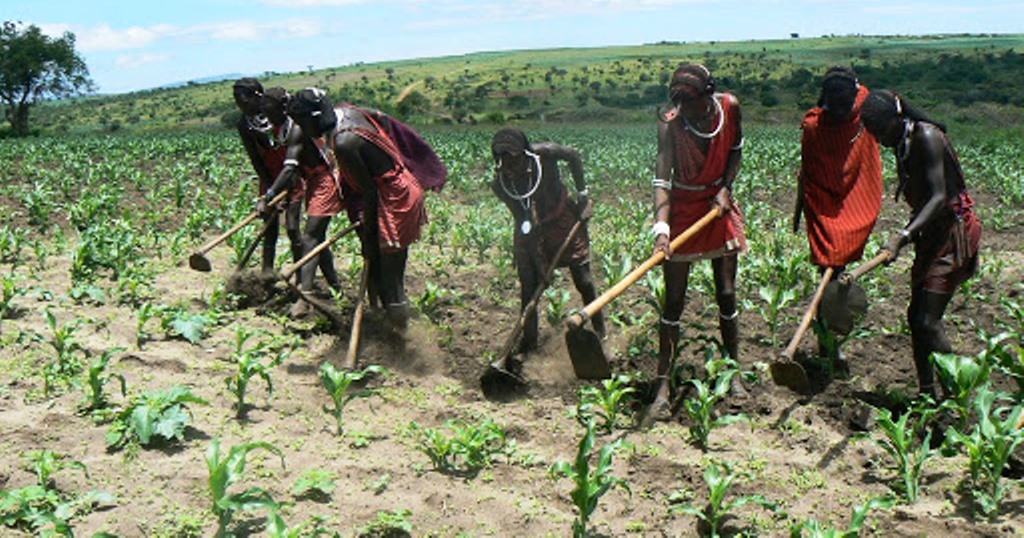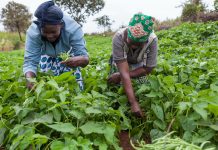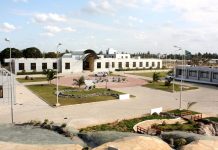AfricaPress-Tanzania: THE National Development Corporation (NDC) has urged farmers, especially smallholders, to grab the opportunities offered by the corporation on farming equipment in an effort to transform the agriculture sector in the country.
The farming equipment such as tilling machines on the basis of interest free loans and farmers are given three years to clear debts.
NDC Public Relation Officer (PRO), Mr Innocent Msuha said yesterday at the on-going 44th Dar es Salaam International Trade Fair (DITF) that the minimum price for a tractor price is 45m/-.
‘’A borrower should only pay an advance of 4m/- and submit a letter from local government leaders, stamped by one’s District Executive Director. That is enough to make him or her qualify to be our customer because we are not profit oriented but rather focus on small scale farmers to transform from hand hoe farming to the modern methods,’ said Mr Msuha.
The PRO clarified that tractor parts have been imported through a partnership agreement between NDC and the Polish government signed in 2016 and started to be implemented from 2017.
NDC has been tasked to assemble the tractors wherein over 800 tractors have been assembled so far, and about 700 have already been sold to farmers in various parts of the country.
The agreement, according to him, is that Poland should offer 2,400 tractors, affirming that the second batch (of the parts) is set to arrive soon.
He stressed that agricultural transformation was mainly aimed at improving farmers’ livelihoods while promoting industrialisation, an ambitious goal of the fifth phase government.
‘’An industrial economy depends significantly on quality and quantity of farm outputs. There is no way we can easily achieve such a goal without supporting majority of small-scale farmers to change from hand-hoe farming to modern agriculture,’’ he observed.
In another development, NDC, through its Tanzania Biotech Product Limited (TBPL), is set to produce various types of pesticides, towards attaining the same goal.
Already, some samples for the cotton pesticides have been submitted to Tropical Pesticides Research Institute (TPRI), for approval, to enable the company venture into production.







